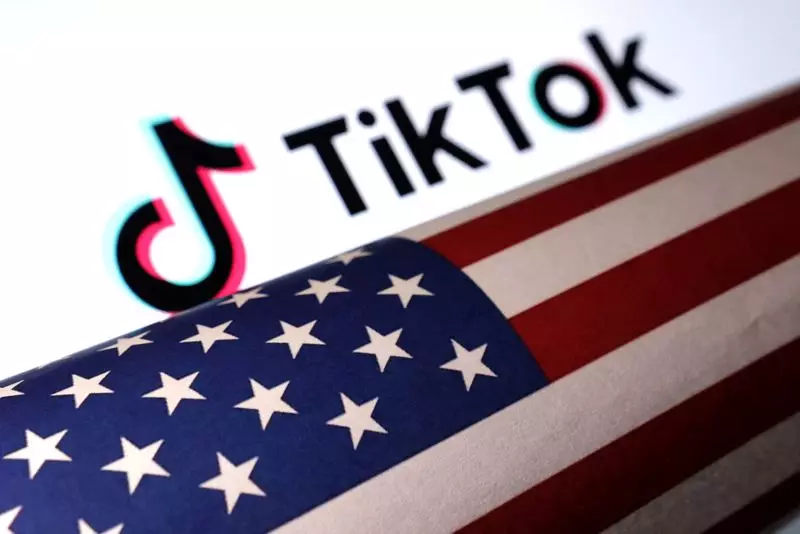As the digital landscape continues to evolve, the popular social media platform TikTok has found itself at the center of a heated political and legal struggle in the United States. Following a Supreme Court ruling that upheld Congress’s decision to impose a ban on the app unless it relinquishes its Chinese ownership, TikTok briefly went dark on US servers. However, the narrative shifted dramatically on a recent Sunday, when the app announced its restoration to the US market, thereby raising questions about the future viability of its operations in America.
In a surprising turn of events, President-elect Donald Trump spoke out at a rally, vowing to “save” TikTok. His remarks came just as users were grappling with the disappointment of their favorite app’s temporary suspension. Trump emphasized the necessity of keeping TikTok operational, drawing on sentiments of loyalty and urgency. This enthusiasm for the platform undoubtedly reflects the importance of TikTok as a cultural phenomenon, particularly among younger audiences. However, skepticism permeates the political climate, with some lawmakers still convinced that the app poses a threat to national security due to possible data misuse by the Chinese government.
Amidst the upheaval, TikTok has articulated its intent to remain active in the US market without fully shedding its Chinese roots. Trump’s proposed solution to this predicament includes a joint venture, ensuring that at least 50% of TikTok remains under American control. This approach raises fundamental questions about innovation and globalization, especially considering the potential involvement of high-profile figures such as Tesla CEO Elon Musk and e-commerce giant Amazon in a prospective acquisition.
As the negotiations loom, it’s evident that the stakes are high. Analysts have expressed skepticism regarding the feasibility of a complete ban on TikTok, referencing a notable public favor towards the app. Financial and strategic tech entities seem eager to vie for ownership of the platform, which has become an invaluable asset in the social media market. The notion that TikTok could be completely sidelined appears increasingly unrealistic, especially as the app continues to secure a dedicated user base.
Looking ahead, the evolving narrative surrounding TikTok in the US is a testament to the complexities of modern digital governance. With negotiations expected to unfold rapidly, stakeholders ranging from government officials to tech entrepreneurs will be watching closely. As conversations around privacy, data security, and economic interests intersect, it remains to be seen whether TikTok can find a path forward that preserves its identity while satisfying regulatory demands.
In this climate of uncertainty, TikTok’s next moves could set a precedent for the future of foreign-owned tech companies operating within US borders. The platform will need to navigate a labyrinth of political and economic obstacles if it seeks to maintain its status as a digital juggernaut. Ultimately, the outcome of these negotiations will not only determine TikTok’s fate but may also reshape the broader landscape of social media in America, raising questions about user privacy and corporate accountability in the digital age.

